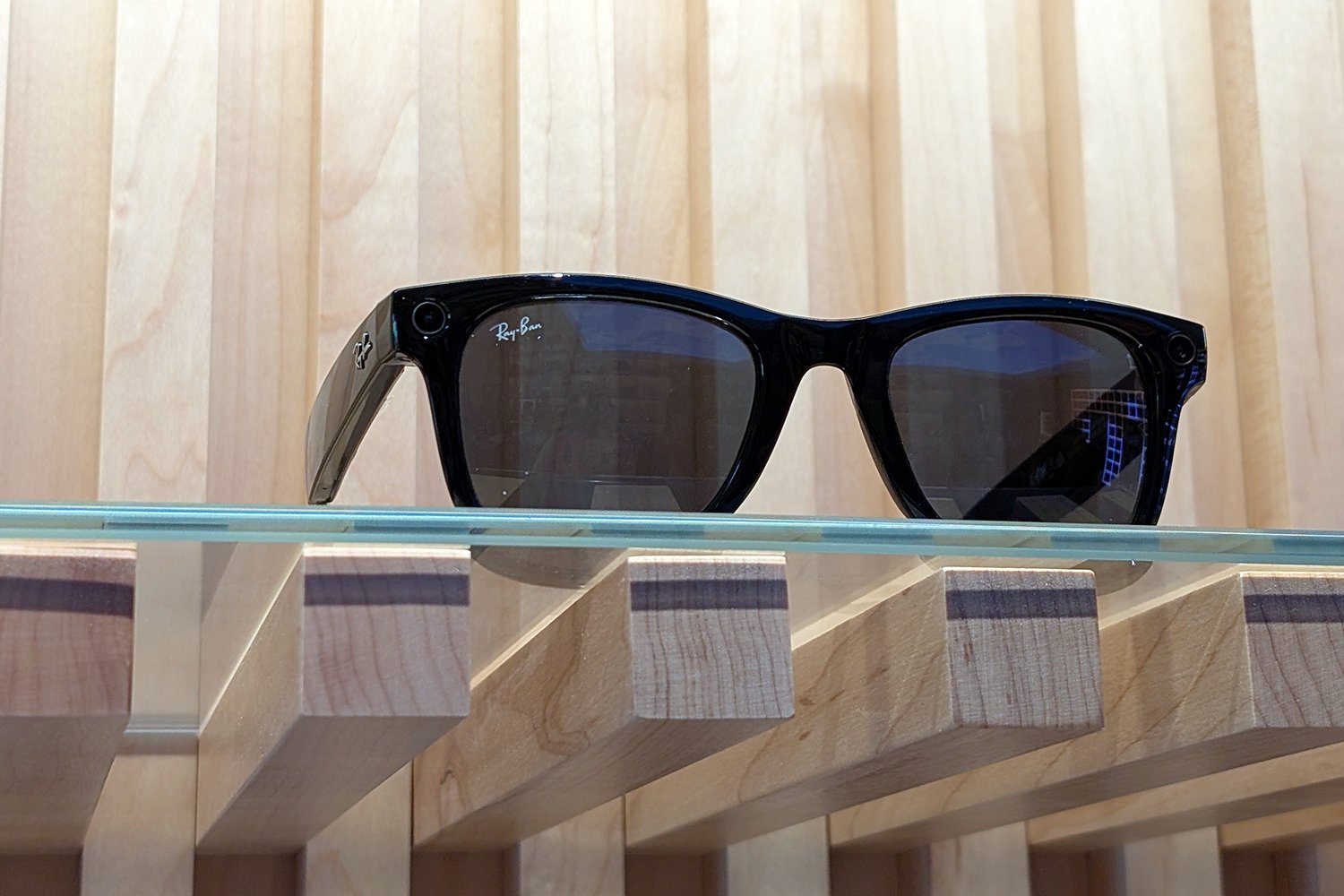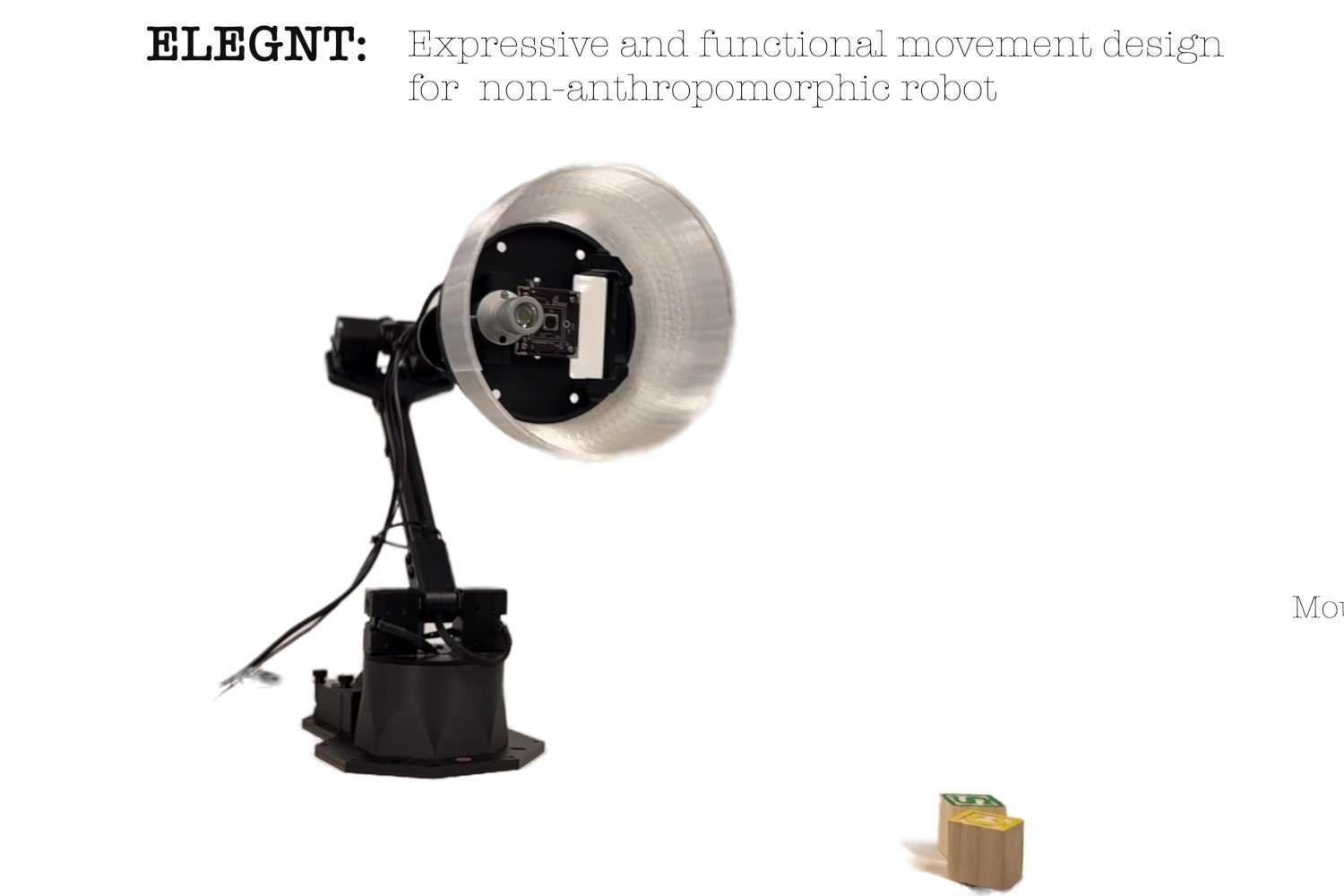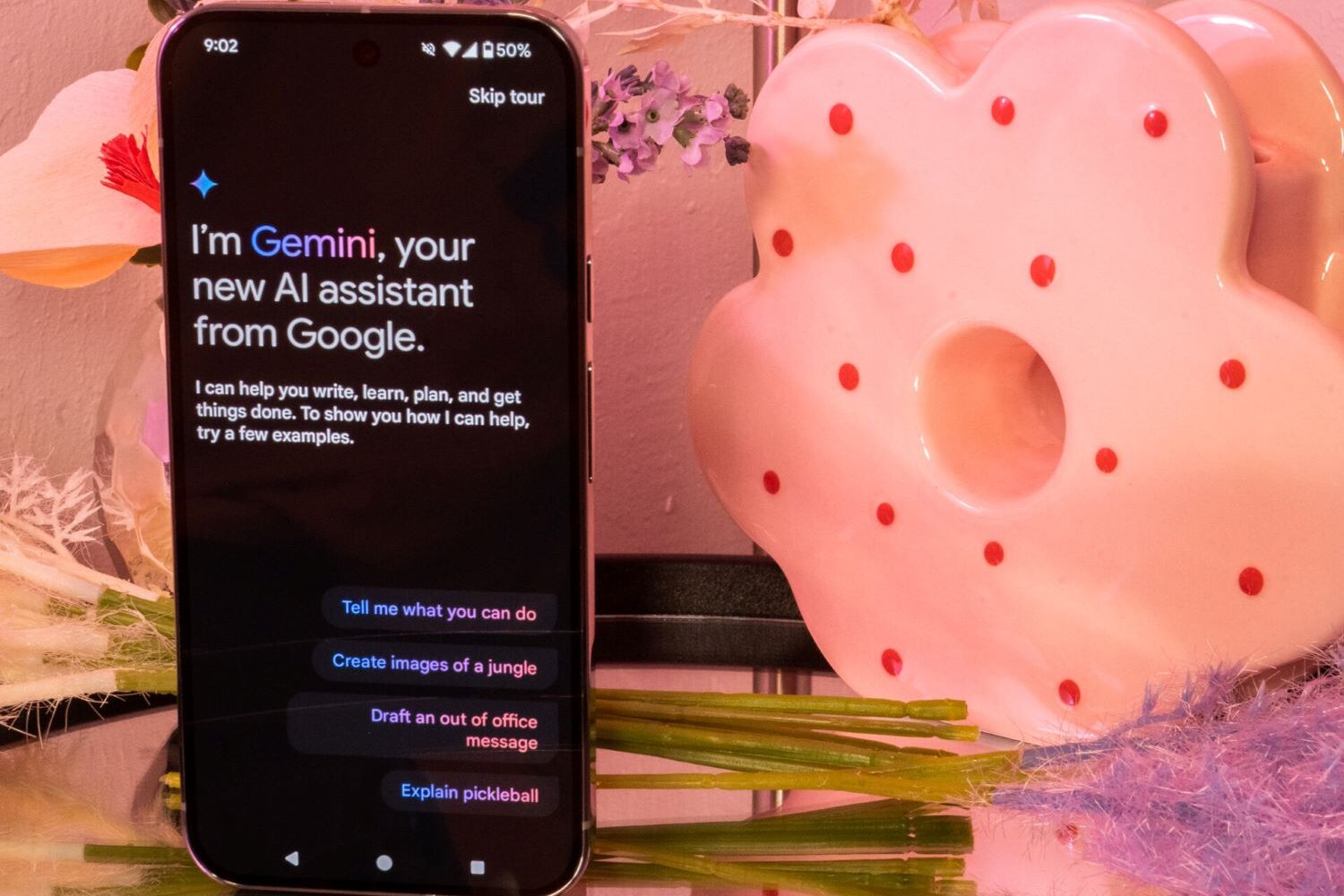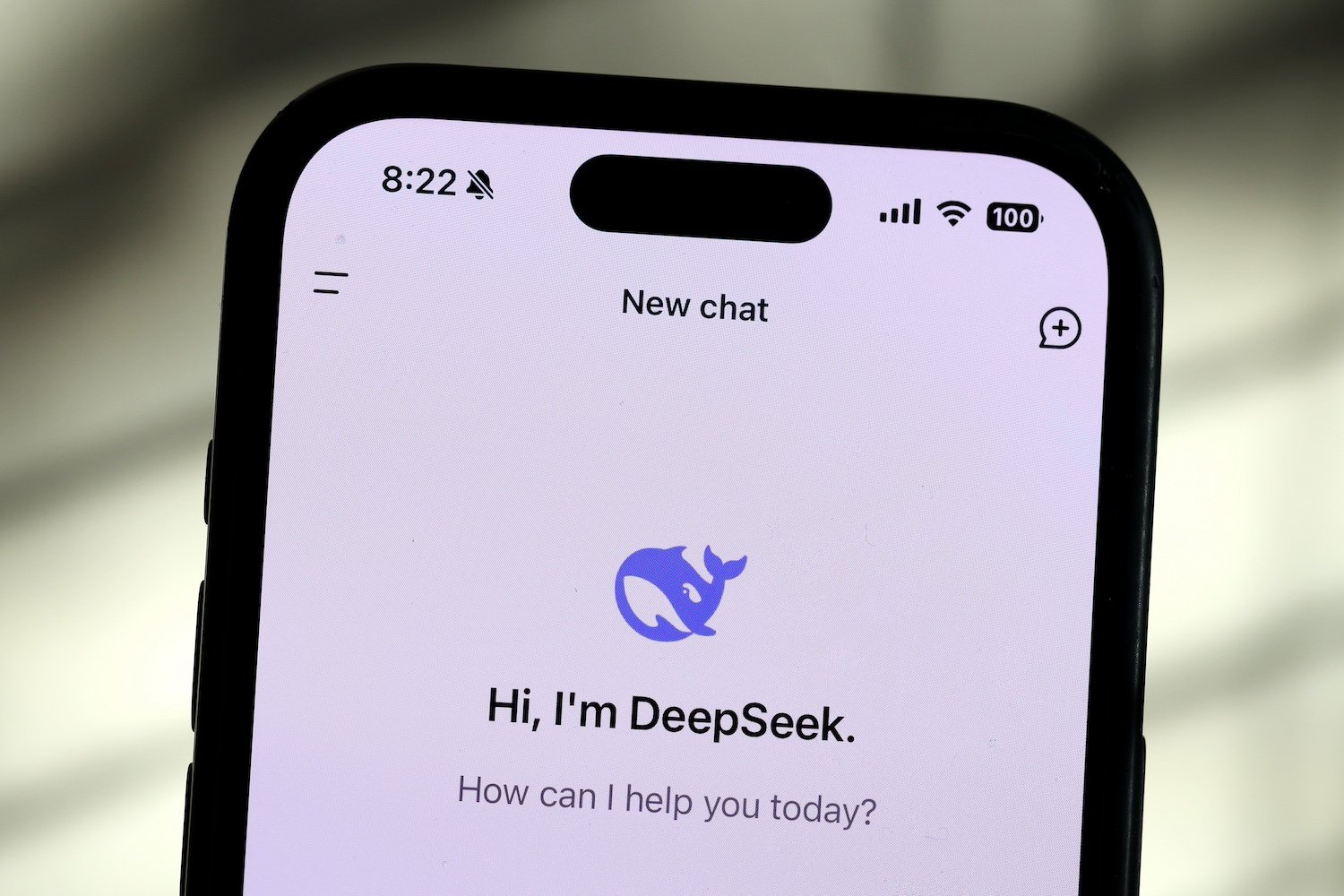Meta appears to be doubling down on AI-powered wearables, with plans to release six new mixed reality devices in 2025, according to a leaked internal memo. This ambitious push comes as the tech industry continues to grapple with the underwhelming reception of the “metaverse” concept, a vision Meta has heavily invested in. While the company continues to promote the potential of AI chatbots integrated into wearable devices, it’s clear they’re eager to move beyond the missteps of Horizon Worlds.
The recent Consumer Electronics Show highlighted a growing trend towards AI wearables, and Meta seems determined to ride this wave. CEO Mark Zuckerberg has previously expressed his ambition to sell hundreds of millions, and eventually billions, of AI glasses. The leaked memo, penned by Reality Labs head Andrew “Boz” Bosworth and titled “2025: The Year of Greatness,” reinforces this ambition, stating the company intends to “push our advantage by launching half a dozen more AI powered wearables.”
The memo dates back to November 2024, so plans may have evolved since then. However, if realized, six new AI wearables in a single year would be a significant leap for Meta’s hardware output. In 2024, they released the updated Ray-Ban Meta glasses and the Meta Quest 3S. Zuckerberg also hinted at “third-generation” smart glasses technology during the company’s Q4 earnings call. Recent reports suggest Meta is developing both sports-focused Oakley-style AR glasses and a heads-up display model internally called Hypernova.
Some of the planned devices could be variations on existing eyewear styles, similar to the Ray-Ban smart glasses available in Wayfarer, Skyler, and Headliner frames. However, Bosworth’s emphasis on driving “sales, retention, and engagement… especially in MR [mixed reality]” suggests a focus on display-integrated products, reminiscent of the Project Orion true AR glasses showcased at Meta Connect.
The memo doesn’t explicitly mention any new VR headsets, although previous reports indicate Meta is working on two new Quest devices, potentially including a Quest Pro successor. For 2025, the focus seems firmly on smart glasses. Bosworth also highlighted the importance of Horizon Worlds, Meta’s struggling metaverse platform, for the company’s long-term success. He acknowledged the high stakes, stating, “This year likely determines whether this entire effort will go down as the work of visionaries or a legendary misadventure.”
Notably absent from the memo is the word “metaverse,” a curious omission considering the company’s rebranding around this concept. The lackluster response to Horizon Worlds suggests the public’s appetite for shared VR experiences might be limited. Smart glasses, with their greater usability, offer a more practical approach to wearable computing. However, the challenges remain significant, as even Apple reportedly abandoned its AR glasses project due to processing power and battery life constraints.
Meta faces a considerable challenge in demonstrating the value proposition of its AI-powered wearables. They need to go beyond simply offering AI chatbots integrated into glasses and deliver truly compelling experiences that justify the investment. The “Year of Greatness” hinges on their ability to do just that.











